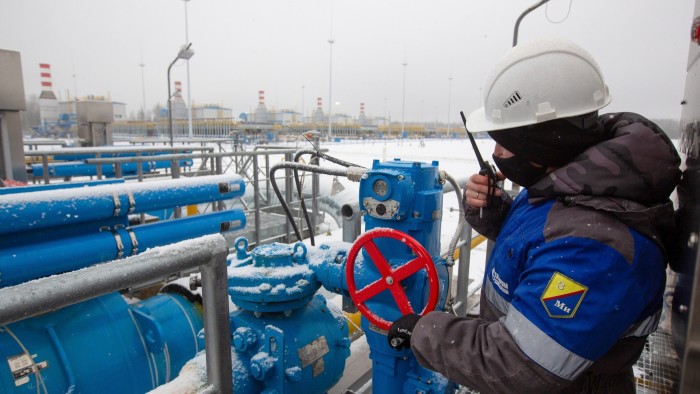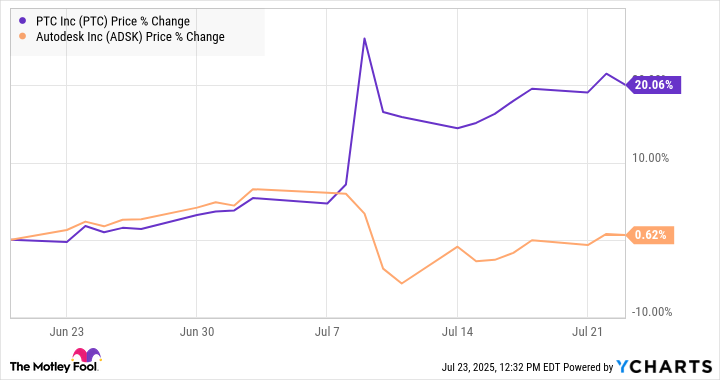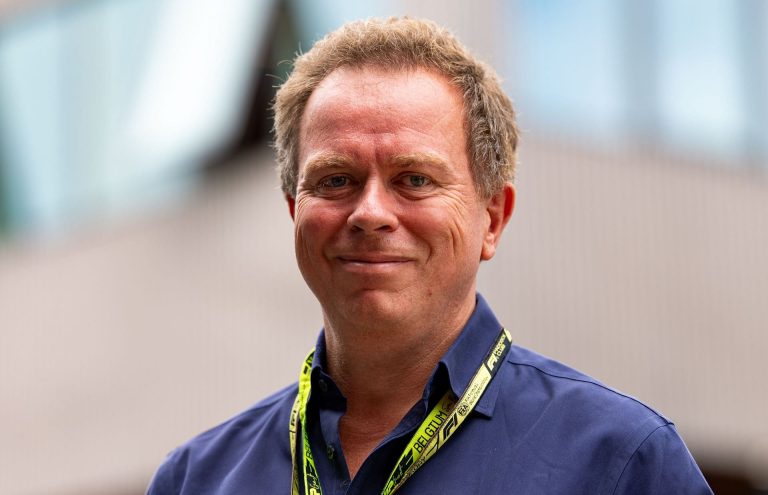Stay informed with free updates
Simply sign up to the War in Ukraine myFT Digest — delivered directly to your inbox.
The European Commission is to propose lowering the Russian oil price cap and banning the use of Nord Stream infrastructure as part of a fresh round of sanctions against Moscow.
The commission is due to present its 18th package of sanctions against Moscow on Tuesday, as part of efforts to ratchet up pressure on Russia amid stalled peace negotiations with Ukraine.
According to three people familiar with the proposal, the package will include lowering the existing oil price cap from $60 to $45 per barrel, as well as banning the use of Russian energy infrastructure, including the two Nord Stream pipelines to Germany.
Under the terms of the price cap — introduced by the EU and other G7 allies in 2022 after Russia’s full-scale invasion of Ukraine — companies from participating countries may be involved in moving Russian oil as long as the crude oil is priced at below a set maximum.
The people said the new proposal would also include the placing sanctions on additional Russian banks and shadow fleet vessels.
It would include safeguards to help protect Belgium from lawsuits from Moscow under a bilateral investment treaty between the two countries. Existing sanctions have immobilised about €190bn in Russian central bank assets at the Belgium-based central securities depository, Euroclear.
The new sanctions package now needs to be discussed by EU governments, which must adopt it with unanimous support.
Slovakia and Hungary have previously indicated they could oppose additional sanctions, potentially complicating negotiations.
Two of the people said they were optimistic about finding agreement on the package before the end of July, having managed to convince Hungary to drop its opposition to previous packages.
The EU is also considering whether to add Russia to its “grey list” of countries with lax money laundering controls.
The new EU proposal comes as US senator Lindsey Graham pushes for additional sanctions against Moscow by Washington. European Commission president Ursula von der Leyen met Graham last week and said that the EU package, if “taken together with US measures, would sharply increase the joint impact of our sanctions”.
But it is unclear whether US President Donald Trump supports more US measures against Moscow, as part of his so-far unsuccessful efforts to force Moscow and Kyiv into a peace agreement.
Trump and von der Leyen are both set to attend a G7 summit in Canada that starts this weekend, with Ukraine on the agenda.







